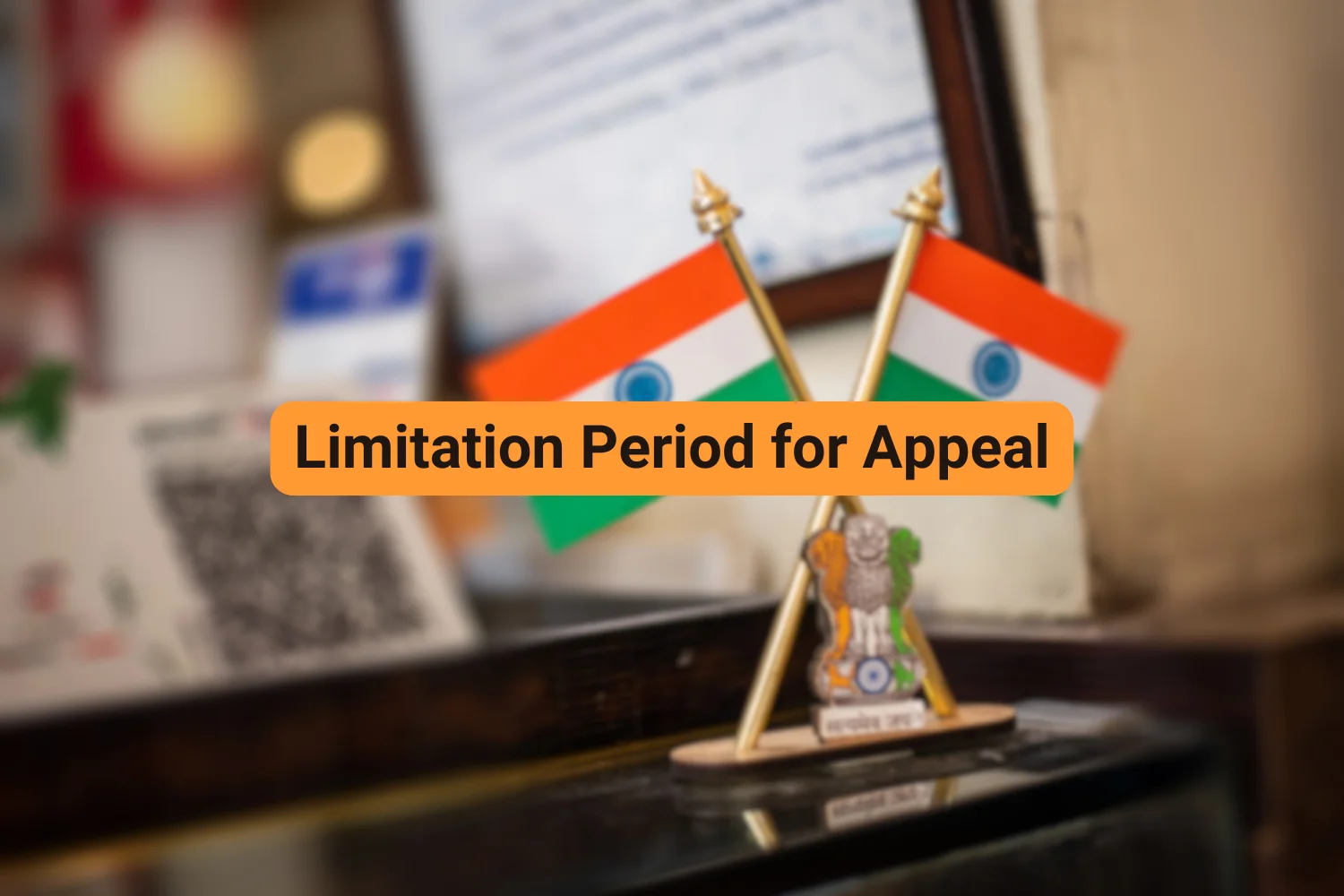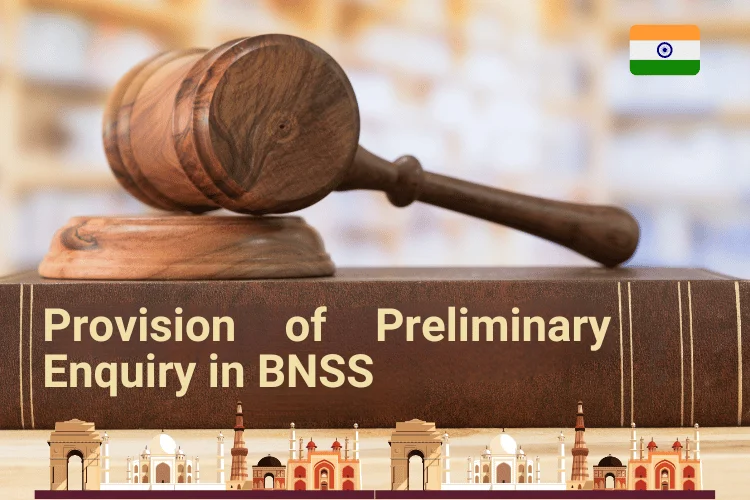DUTY OF ADVOCATE TO OPPONENT
INTRODUCTION
An advocate (lawyer) should always behave in a way that is fitting for their role as a respected member of the legal community and a representative of the Court. They should remember that what may be acceptable for someone who is not a lawyer, or for a lawyer in their personal life, may still be considered unprofessional for an advocate.
An advocate's main duty is to fearlessly represent their client's interests, while also following the rules and guidelines set out below, both in letter and in spirit. These rules are meant to serve as a guide for proper conduct and etiquette, but they are not exhaustive, and advocates should be aware that there may be other important rules and principles that are not specifically mentioned.
In simpler terms, lawyers have a special role in society and should always conduct themselves in a professional and respectful manner, upholding the interests of their clients while following the rules and guidelines of their profession.
Duty to opponent has been enumerated in Section II of Part VI of the of Bar Council of India rules. Rules regarding duty to opponent has been mentioned under rule 34 and 35 of above part and section.
DUTY TO OPPONENT
Section III of the Bar Council of India Rules outlines an advocate's (lawyer's) responsibilities towards their opponent in a case. Here's a breakdown of the two key points:
- Communication and Negotiation:
Direct Communication Not Allowed: Lawyers generally cannot directly communicate or negotiate with a party represented by another lawyer about the case itself.
Communication Through Opposing Counsel: All communication and negotiation must be done through the opposing party's lawyer. This ensures a level playing field and avoids any misunderstandings or attempts to bypass legal representation.
- Keeping Promises:
Honoring Commitments: Lawyers are expected to uphold all legitimate promises made to the opposing party, even if they're not written down or legally enforceable in court.
Maintaining Professionalism: This emphasizes honesty and fairness in dealings with the other side. It fosters trust and cooperation within the legal process, aiming for a swifter resolution.
In essence, these rules promote professionalism and respect between lawyers, ensuring a fair and orderly legal system.
"Empowering your legal journey, one resource at a time. Welcome to Vidhoon, your trusted hub for
comprehensive law notes, practical guidance, and expert support.
Explore, learn, and succeed with us!

















